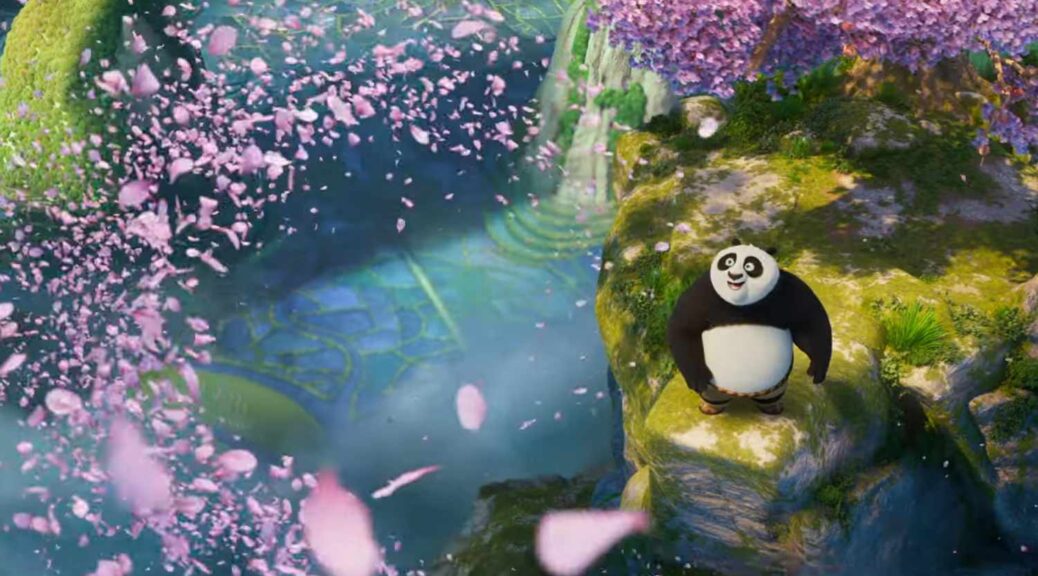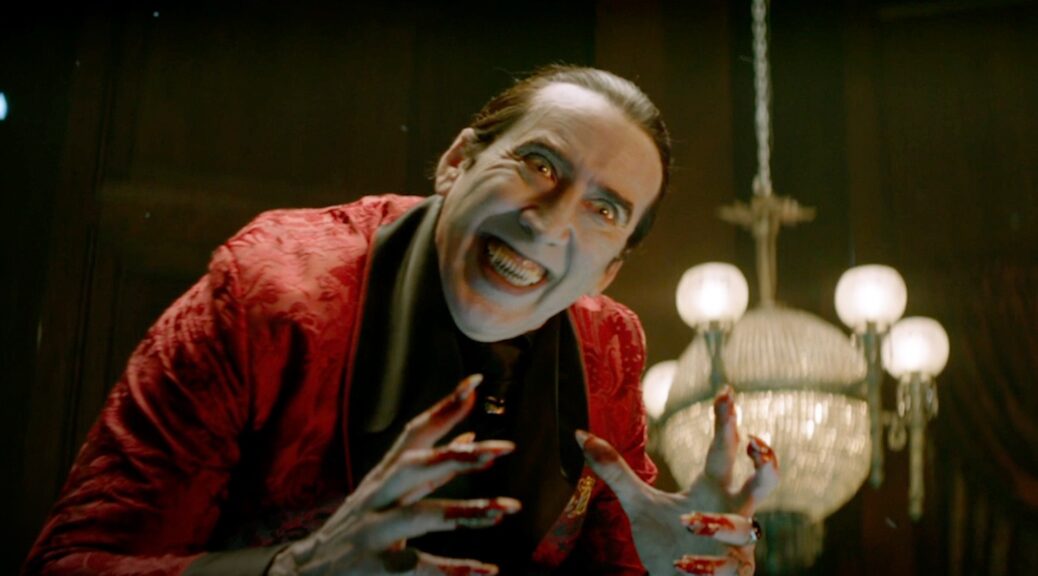Kung Fu Panda 4
by Hope Madden
Animated sequels often work out. Every time you think “Do we really need another Toy Story?” you get one more cartoon masterpiece. Each How to Train Your Dragon movie is a stunner. And Puss in Boots: The Last Wish was not only better than any previous Puss in Boots film, it was better than any Shrek film.
So why not a fourth Kung Fu Panda? Literally no one expected the 2008 original to be a charming, lovely, thoroughly entertaining Oscar nominee. A couple more episodes in and maybe directors Mike Mitchell and Stephanie Stine have the power to entirely reimagine this franchise, find a universal truth and existential meaning that allows this installment to transcend its late-stage sequel position, a la Toy Story 3. Or Toy Story 4.
No, but it’s cute.
Po (Jack Black, lovable even if it’s only his voice) has been named the spiritual leader of the Valley of Peace, which means he must find his successor as Dragon Warrior. But he doesn’t want to. He finally found something he’s good at—kicking butt—and he’s kind of famous for it. And maybe he just fears change.
But all this successor stuff will have to wait. The Chameleon (Viola F. Davis) has a nefarious plan that needs thwarting and Po’s off to handle the situation with the help of this little thieving fox (Awkwafina, who may be voicing every animated film to come out, but she’s great at it).
Master Shifu (Dustin Hoffman) is disappointed. Naturally.
Hoffman is one of only a handful of returning voice talent—Angelina Jolie, Seth Rogan, Jackie Chan, Lucy Liu and David Cross are noticeably absent. But Ian McShane returns, and that’s a voice we can all listen to all day long, villainous or not. Plus, there’s more room for new characters.
Davis is characteristically wonderful as the evildoer, but it’s really the budding relationship between frenemies Po and Zhen (Awkwafina) that compels interest. Not every actor can carry off animation, but both Black and Awkwafina shine.
The animation is good looking enough. It’s not gorgeous, but it’s nice. The action is fun, the characters are funny enough, and the lessons are solid. And there are these three bloodthirsty little bunnies, and I am a fan.
Kung Fu Panda 4 breaks no new ground, transcends no limitations, but it entertains throughout and delivers a pleasant bit of family-friendly fun. Plus reimagined Ozzy and Britney are a delight.












